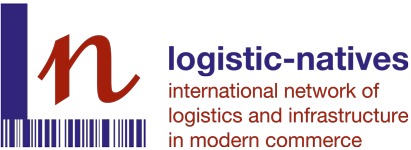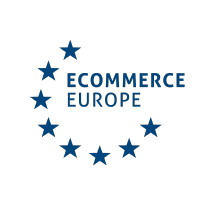
On 22 September, Ecommerce Europe organised a high-level virtual roundtable with the representatives of the European Commission and the e-commerce market players on the first experiences on the One Stop Shop (OSS) and Import OSS (IOSS).
Following the entry into application of the VAT E-commerce Package on 1 July, many simplifications have been introduced by the extension of the Mini One Stop Shop into a Union-wide One Stop Shop for B2C distance sales, and the setting up an Import OSS for imported goods. With the aim to ensure a level playing field between EU and non-EU based companies, and to simply the multiple VAT registrations and returns for businesses, the new (I)OSS system has already proved to be a success story with over 4.600 registrations in less than three months, allowing for simplified procedures for the VAT registration and returns, which now can be made in pursuance of the once-only principle.
The setting up of the new portals is up to the Member States according to the IT architecture of their tax authorities, and despite some delays or technical issues encountered in certain national administrations, all EU Countries eventually proved to be ready by making the new systems available for all businesses. The European Commission has indeed taken stock of the efforts made by the national administrations and has informed that a survey has been launched to collect information from the national authorities on the implementation and usage of the (I)OSS.
In this regard, the European Commission appreciated the possibility to hear the preliminary results of a survey on the (I)OSS experiences that Ecommerce Europe had already launched in the previous weeks. The early results of the survey showed that the (I)OSS has provided a tangible benefit to e-sellers, but it also needs to be improved as, according to the responses to the survey, three main issues are recurrently encountered by the e-merchants: double taxation, IT functioning, and different tax regimes and invoicing methods among Member States.
The survey results showed that both the marketplaces and the e-sellers encountered the same issues when it comes to VAT collection, resulting in VAT collected two times: under the IOSS scheme at the point of sale, and again at the point of importation. The double taxation poses therefore a major threat to all e-commerce players, from omnichannel/e-merchants to marketplaces.
Another recurrent issue is the IT and software functioning and compatibility of the different (I)OSS setups at national level. In particular, the compatibility of information and online sheets for sellers filing different VAT returns (due to having multiple warehouses in many EU Countries) caused logoff and entry errors. The European Commission has taken stock of the feedback, with a view to address those issues in the next months.
One last issue that has been repeatedly faced by (I)OSS users is the different tax regimes and invoicing methods in the EU Member States, which is a recurrent matter that the European Commission is addressing through the VAT Rates Directive.
Finally, Ecommerce Europe also presented the overview of a research carried out in the previous months on the additional customs fees that certain postal operators have been applying since 1 July 2021, as a result of the additional responsibilities and reporting duties and procedures introduced for postal operators and couriers. The European Commission took notice of the information made available by postal operators on their websites or parcel compendiums.
The VAT Roundtable ended by drawing some conclusions on the overall functioning of the (I)OSS in the first three months of activity, projecting an overall positive and beneficial image of the VAT E-commerce Package, but flagging some areas of improvement regarding the fragmentation of the Single Market’s tax regimes, the lack of clear guidance from the competent authorities (e.g., tax offices) which caused legal and operational uncertainty for businesses, and finally the different and arbitrary interpretations of the rules which led to double taxation in the EU countries. On the issue of the abuse of IOSS, the participants proposed potential solutions, for instance increasing transparency with a combination of IOSS number and transaction ID.
Ecommerce Europe will continue to monitor the experiences with the (I)OSS and will share with the European Commission the results of its survey, which will be open until end of year and possibly beyond.
Read the Article online
About Ecommerce Europe
Ecommerce Europe is the sole voice of the European Digital Commerce sector. As a result of joining forces with EMOTA, Ecommerce Europe now represents, via its 25 national associations, more than 100,000 companies selling goods and services online to consumers in Europe. Ecommerce Europe acts at European level to help legislators create a better framework for online merchants, so that their sales can grow further.

